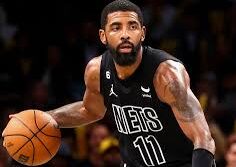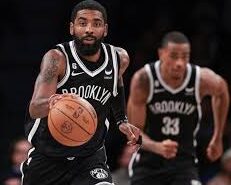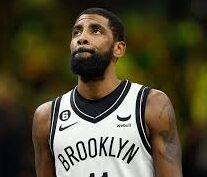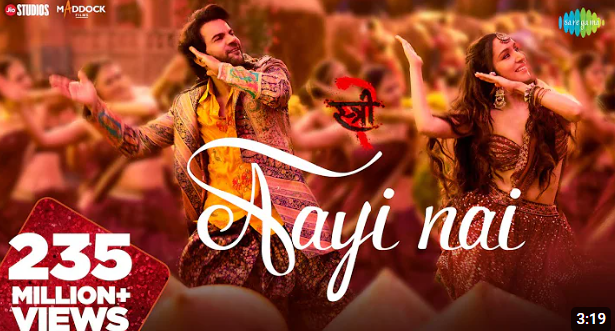
Kyrie Irving
He was suspended, donated to the Anti-Defamation League, made more inflammatory comments, saw his donation get rejected, eventually apologized and returned to the court, and then months later deleted the social media post containing his apology after being traded from the Brooklyn Nets to the Dallas Mavericks.
Now he’s leading the Mavericks on a playoff run, and concerns about his alleged antisemitism have all but disappeared.
“It doesn’t come up unless Kyrie Irving does something good,” explained my colleague Louis Keene, who covered the original controversy. When that happens, Irving’s legions of young fans will bemoan the past efforts to cancel him.
Louis just published a piece about his conversations with Jewish Mavericks fans who, whether they like him personally or not, are rooting for Irving to succeed. “I’ve forgotten about the antisemitism,” said Ben Calmenson, a 28-year-old who grimaced when Irving wore a keffiyeh to a recent press conference but quickly excused it.
I still cringe when I watch Irving win, as he’s been doing throughout the playoffs and did again against the Minnesota Timberwolves on Wednesday night. But I’m not saying he should have been kicked out of the league for sharing a film that concludes Jews are to blame for Black suffering. He mostly seems like a guy with unconventional beliefs who doesn’t believe in vaccines and isn’t sure whether the Earth is flat or round.
“There’s a lot of young fans who see Kyrie Irving as an iconoclastic figure whose vulnerability to conspiracy theories is just part of that,” Louis explained to me. “He’s very charitable — even by the standards of professional athletes — and he’s very outspoken on social issues, so they just see him as a genuinely and deeply good person who is a little bit unusual.”
A Timeline of Kyrie Irving’s Antisemitism Controversy
Amazon Will Not Pull Antisemitic Movie Promoted by Kyrie Irving, Says Jewish CEO
The Kyrie Irving saga highlights the selective nature of the organized Jewish community’s response to antisemitism. The American Jewish Committee and other leading groups quickly abandoned a campaign to convince Amazon to remove an antisemitic film from its Prime Video service after Andy Jassy, the company’s chief executive, refused.
Currently, the focus is on left-wing students on elite college campuses. However, if Irving had been playing basketball thirty years ago, when Jewish groups were more concerned about so-called “Black antisemitism” threatening American Jews, reporters might have continued to scrutinize him more intensely. His social media post referring to Israelis as “murderous oppressors” would have received more attention, and the controversy surrounding “Hebrews to Negroes” might not have faded as quickly.
Irving now plays for a team owned by Mark Cuban, described by my colleague Louis Keene as a “Jewish community legend.” Cuban is in the process of selling the team to Miriam Adelson, the wife of the late Jewish casino mogul and philanthropist Sheldon Adelson.
Irving’s celebrity status complicates matters. While Jewish leaders wield significant influence on college campuses and in Congress, it is exceedingly difficult to sanction superstars for what fundamentally amounts to intemperate comments. “They recognized their power is kind of limited,” Louis noted.
I hope you appreciated this article. Before you go, I’d like to ask you to please support the Forward’s award-winning, nonprofit journalism during this critical time.
Now more than ever, American Jews need independent news they can trust, with reporting driven by truth, not ideology. We serve you, not any ideological agenda.
At a time when other newsrooms are closing or cutting back, the Forward has removed its paywall and invested additional resources to report on the ground from Israel and around the U.S. on the impact of the war, rising antisemitism, and protests on college campuses.
Readers like you make it all possible. Support our work by becoming a Forward Member and connect with our journalism and your community. Thank you for your support.







